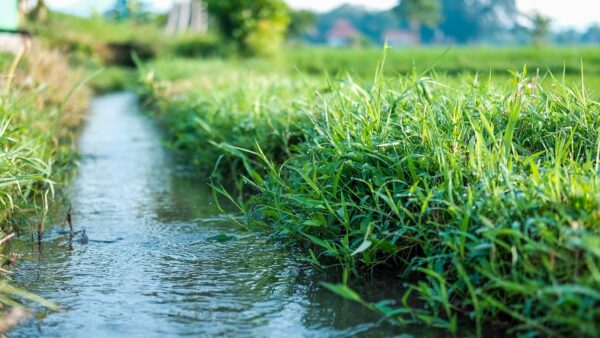As we begin 2023, growers the world over have a multitude of challenges ahead of them, not the least of which is growing crops more sustainably to meet more intense regulatory requirements.
To do this, they need innovative products that complement the changing use of traditional synthetic chemistry. Biostimulants are doing just that. As you’ve read about in this space, Acadian Plant Health™ is a leader in advancing this product category through our commitment to innovation and the creation of solid data that gives growers confidence that our biostimulants work.
We’re carrying out this innovation in a number of ways. Partnerships are a big one.
At Acadian Plant Health, we’ve established the Acadian Open Academy™, a global network of key research experts who are engaged in the delivery of a new wave of technology and validation of Acadian Plant Health product candidates. We exchange technical information, evaluate new product concepts and conduct collaborative research.
Through the academy, we’re conducting in-depth research to understand the mode of action of new Acadian products. As my colleague Dr. Holly Little recently wrote, mode of action with biostimulants is a topic that’s very complex, because these are not simple actives; rather, they’re multiple actives that can interact with different growth stages, different plant species and under different environmental conditions.
Growers know they work; understanding exactly how they work is an evolving field.
Biostimulant usage in agriculture is increasingly becoming a solution when it comes to improved fertilizer management practices, mostly due to its ability to increase the efficiency of the fertilizer, while still contributing as a sustainable, green product. We have been striving to study this more, and we’ve seen that our biostimulants not only improve nutrient levels in the plant but also affect metabolic processes within the plant that allows the plant to maintain growth and productivity even under reduced nutrient inputs.
Via the Acadian Open Academy, we’ve partnered with an international plant research company to understand the genetic mode of action and priming effect of one of our new products moving through the pipeline. We’re also conducting an additional project involving the same product with a well-known research expert in the U.S. who’s looking at soil health with the goal of understanding its effects on beneficial soil microbial populations.
These partnerships enable us to have strong, independent, third-party validated data to support the benefits and mode of action behind our new products. We’re discovering some exciting things that we’re looking forward to sharing in the future.
As we begin a year where sustainability is at the top of the global agenda, we’re in a unique position in that we have a deep scientific understanding of our products, which then provides a strong foundation for the development of future ones.
Biostimulants can deliver on what the farmer needs today, right now, at a time when they are required to reduce their fertilizer inputs. That positions us to fill an urgent need that delivers solid sustainability to the grower, increasing not only their ROI, but their environmental image in the eyes of the public as well. In 2023, that counts for a lot.








